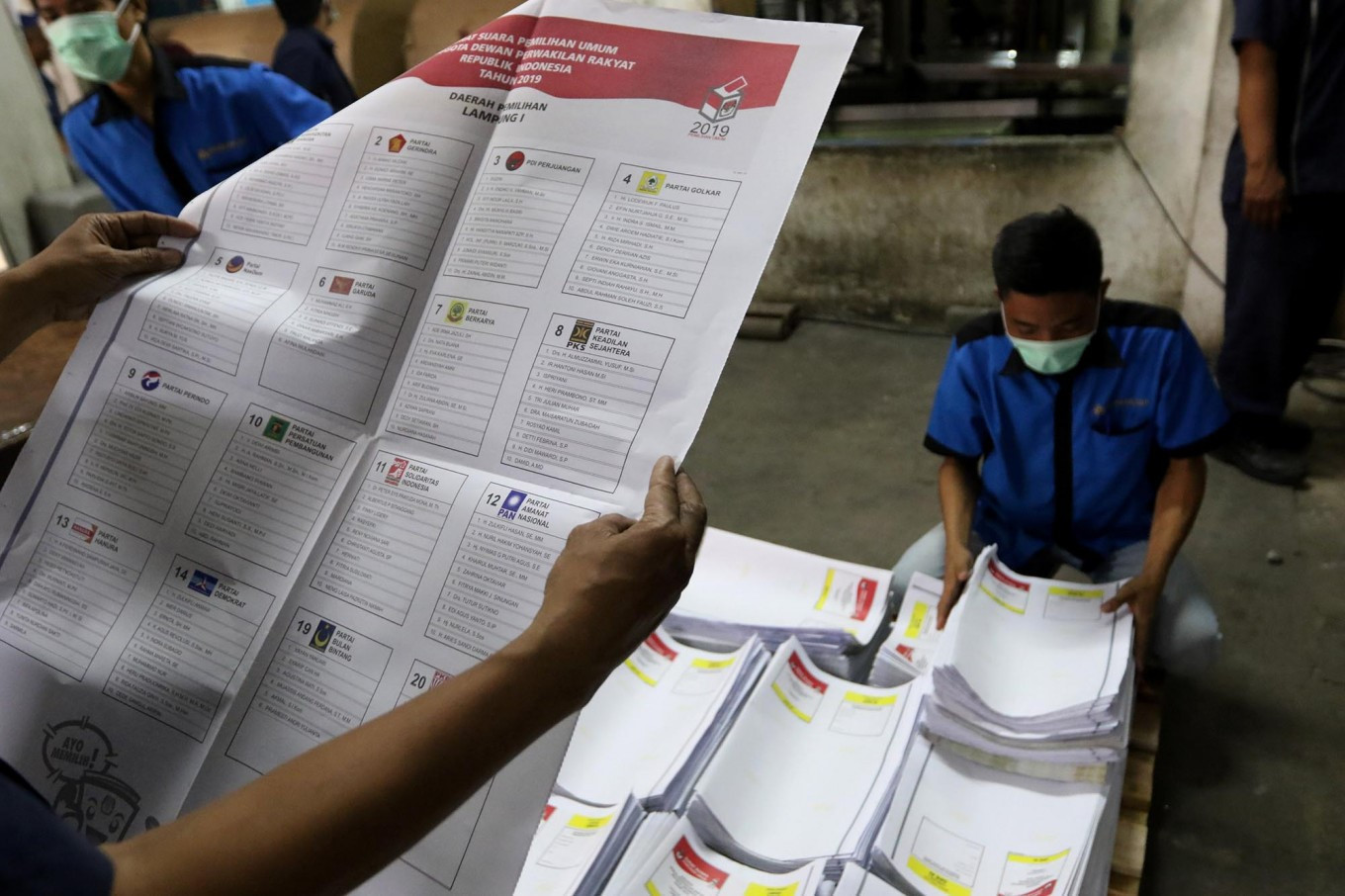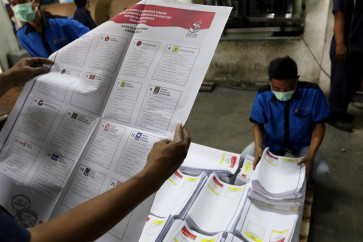Popular Reads
Top Results
Can't find what you're looking for?
View all search resultsPopular Reads
Top Results
Can't find what you're looking for?
View all search resultsAnalysis: Indonesia's election debate: A step backward?
Change text size
Gift Premium Articles
to Anyone
I
ndonesia's political elite are once again pushing to alter the system for regional head elections (Pilkada), currently conducted through direct public voting. The proposed changes aim to shift the authority to elect local leaders back to regional legislative councils (DPRD) or even allow for direct presidential appointments. However, these discussions appear less like well-reasoned policy debates and more like atempts to gauge public reaction.
Muhaimin Iskandar, chairman of the National Awakening Party (PKB), has suggested two alternative models: Governors would be appointed by the central government, while regents and mayors would be elected by the DPRD.
Previously, in December 2024, Golkar Party chairman Bahlil Lahadalia had already floated the idea of eliminating direct local elections as part of a broader democratic reform effort through amendments to political laws. Bahlil argued that direct elections incur high political costs and frequently ignite horizontal conflicts within communities.
President Prabowo Subianto has also welcomed the idea, suggesting that local leaders should be chosen by the legislature instead of directly by the people. This sentiment follows the concurrent local elections in 2024, which cost the state budget approximately Rp 37 trillion (US$2.24 billion).
Despite these claims, the political elite's evaluation of the advantages and disadvantages of direct Pilkada seems to lack a solid foundation, especially concerning the development of effective electoral mechanisms and addressing money politics.
On one hand, direct elections do compel candidates to bear significant political expenses, raising concerns that elected officials might engage in corrupt practices to recoup their financial outlays. On the other hand, while electing regional heads through the DPRD is perceived to be less costly, it still necessitates funds for lobbying DPRD members. Essentially, shifting from direct elections to DPRD-based elections risks merely transforming money politics into transactional politics.
If direct elections are indeed vulnerable to money politics, the government and the House of Representatives should prioritize developing mechanisms to mitigate these risks rather than entirely scrapping the system and reverting authority to the DPRD.



















